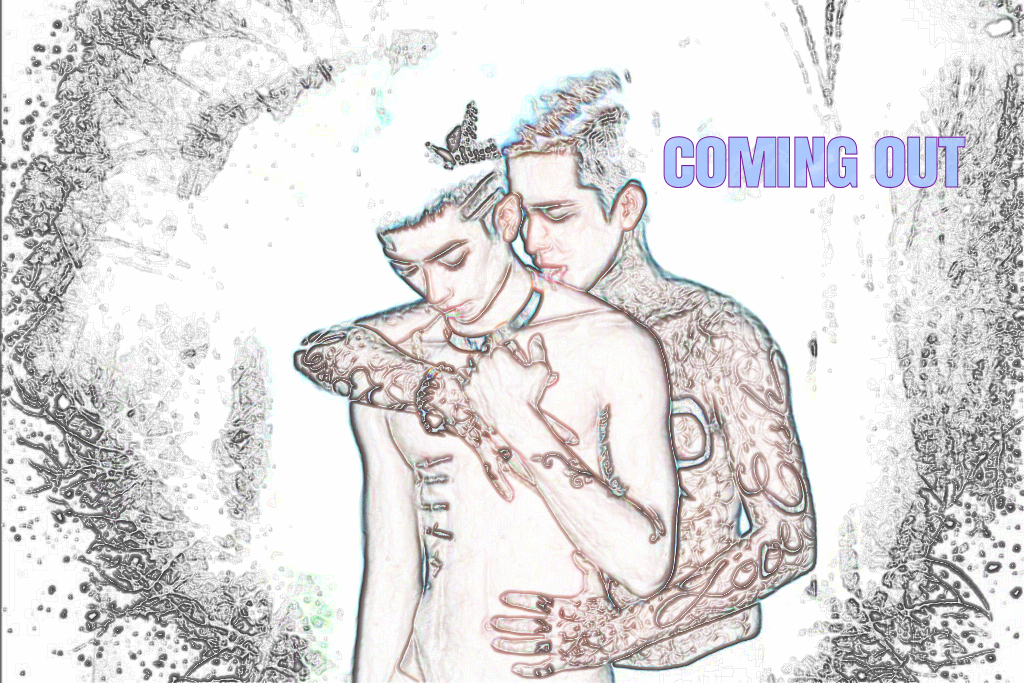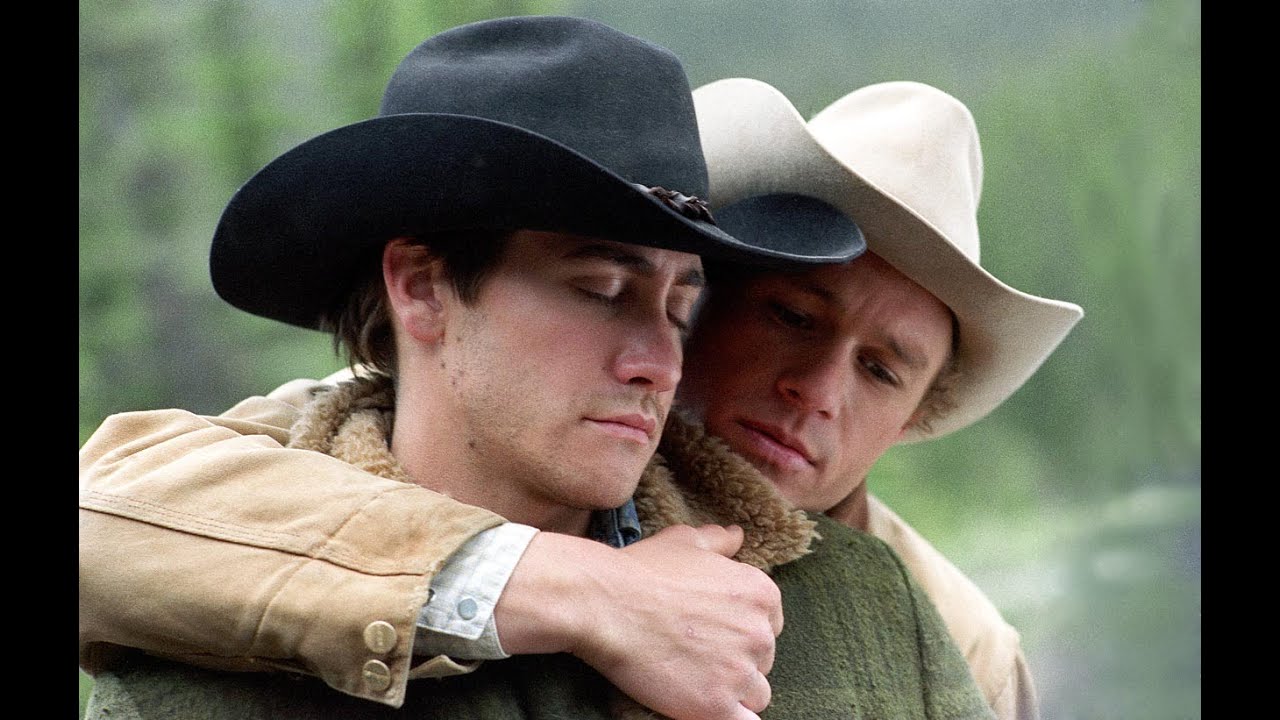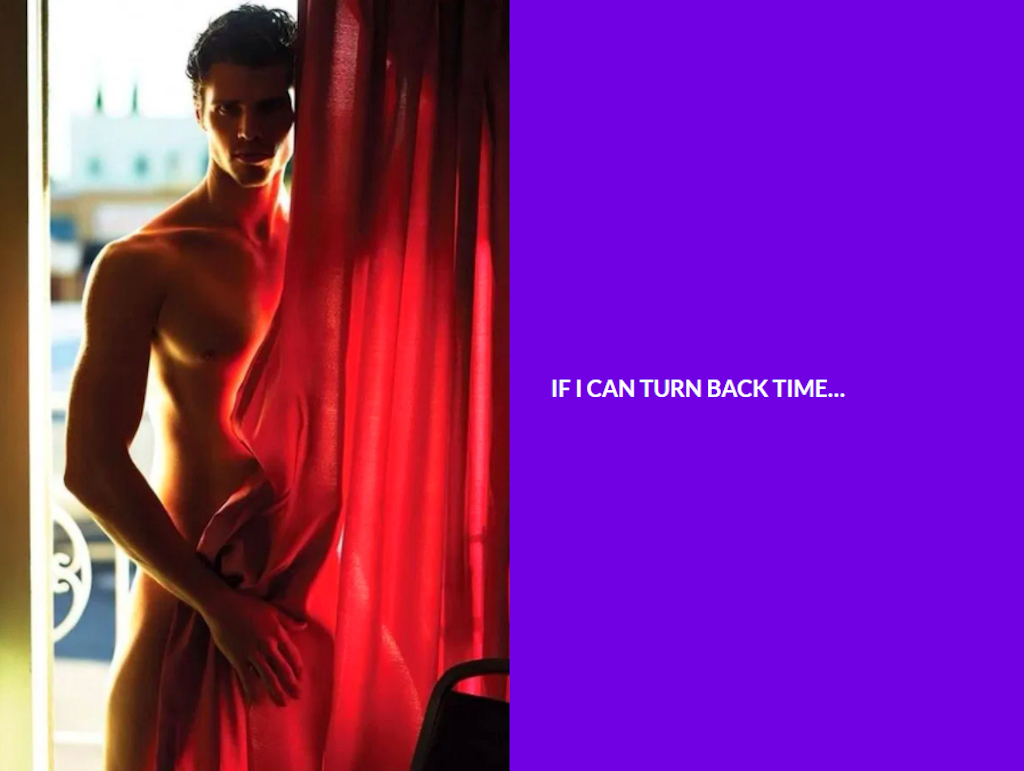If you’ve ever wondered if you’re gay, lesbian, or bisexual, you’re not alone. Many teens ask themselves this question. It is a normal part of life
Maybe you’ve been attracted to someone of the same gender or you may have even kissed or had other sexual contact with someone of the same sex. But sexual behavior is not always the same as sexual orientation. Sexual orientation develops as you grow and experience new things. It may take time to figure it all out.
So don’t worry if you’re not sure. If over time your attraction to members of the same sex continues to grow, it’s not a bad thing, it’s just who you are.
Read on to find helpful information as you discover more about yourself, your friends, and your place in the world. There also is information that may help your parents understand you better.
What is sexual orientation?
Let’s start with a few definitions.
- Sexual orientation: Whether a person is attracted to a person of the same sex or a different sex. For example,
- Straight (or heterosexual): People who have sexual or romantic feelings for people of the opposite gender. Men are attracted to women and women are attracted to men.
- Gay (or homosexual): People who have sexual or romantic feelings for people of the same sex. Men are attracted to men and women are attracted to women.
- Bisexual (or bi): People who have sexual or romantic feelings for both men and women.
- Lesbian: Gay woman.
Who’s gay?
Some estimates say that about 10% of the population is gay. There are gay people of every race, age, family background, and body type. You can’t tell just by looking at someone that he or she is gay. Just because a boy has some feminine qualities or a girl acts a little masculine does not mean that he or she is gay.
Am I normal?
Homosexuality is not a mental disorder. All of the major medical organizations, including The American Psychiatric Association, The American Psychological Association, and the American Academy of Pediatrics agree that homosexuality is not an illness or disorder, but a form of sexual expression.
No one knows what causes a person to be gay, bisexual, or straight. There probably are a number of factors. Some may be biological. Others may be psychological. The reasons can vary from one person to another. The fact is, you do not choose to be gay, bisexual, or straight.

Talk about sexual orientation
If you’re confused or worried, it’s important that you talk about your feelings. Find someone you trust to talk with. It might not be easy but in the end it’s better if you do. The following are some people you may want to talk with:
- Parents
- Close friends or family members
- Your pediatrician
- Gay, lesbian, or bisexual friends
- A teacher, school counselor, coach, or other adult mentor
- A minister, priest, rabbi, or spiritual advisor
- A local gay, lesbian, and bisexual support group
Coming out
If you are nervous about “coming out of the closet” or revealing your sexual orientation to others, that’s OK. Not everyone accepts homosexuality so sharing this information may be difficult for you. Some people wrestle with this for years before finally deciding to do it. Others keep their sexual orientation a secret for their entire lives.
Remember that only you can decide the best time to share this information with your family and friends. Do not feel pressured to “come out” before you are ready.
The following are some things that might help as you decide:
- Learn from others. Talk to other gay friends about their experiences. This may help you know what to expect. Gay youth organizations also can be a great source of support (see “Resources” at the end of this article).
- Choose a good time and place to tell your family. If this information comes out during a family conflict or crisis, it may be even harder for them to accept it.
- Be prepared for a variety of reactions including shock, denial, anger, guilt, sadness, and even rejection. Remember, you have had time to accept your identity. Give your family and friends time, too. Try to stay open, honest, and patient.
A message to parents
Finding out your son or daughter is gay, lesbian, or bisexual can be difficult. Parents often feel guilty. They ask themselves questions like, “Did I do anything to cause this?” “Should we have done something differently when he was a child?” “Is it my fault?” Questions like these are common, but do not help.
Rejecting your child also is not a good response. It may have been very difficult for your child to come to terms with her or his sexuality. But it could be devastating if you reject her or him at the same time. Your child needs you very much!
So take a deep breath and think. Take a little time to come to grips with your child’s news. You may need to readjust your dreams for your child’s future. You may have to deal with negative stereotypes of gay, lesbian, and bisexual people. But it would help if you accepted your teenager. They are still your child and need your love and support, regardless of that child’s sexual orientation.
Your teen did not choose to be gay, lesbian, or bisexual. Accept her or him and be there to help with any problems that arise. Your pediatrician may be able to help you with this new challenge or suggest a referral for counseling. You also may find it helpful to talk with other parents whose children are lesbian, gay, or bisexual. Check “Resources” at the end of this article for information about support groups for parents.















